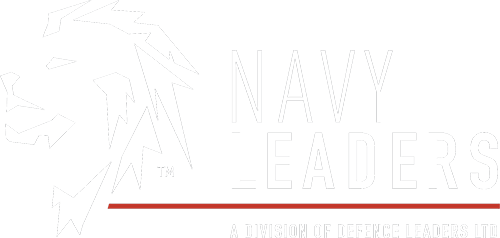US Navy takes delivery of next gen LCAC 100 class LCAC 106
)
LCAC 106’s delivery follows the completion of Acceptance Trials with the Navy’s Board of Inspection and Survey to test the readiness and capability of the craft and to validate requirements.
LCACs are built with similar configurations, dimensions, and clearances to the legacy LCAC, ensuring the compatibility of this next-generation air cushion vehicle with existing well deck-equipped amphibious ships.
The LCAC program is in serial production, with an additional 11 craft currently being built at Textron Systems.
About the Ship-to-Shore Connector
The Ship-to-Shore Connector (SSC), also known as the LCAC 100 class, is a system proposed by the United States Navy as a replacement for the Landing Craft Air Cushion (LCAC). It will offer an increased capacity to cope with the growing weight of equipment used by the United States Army and Marine Corps.
The four Rolls-Royce MT7 gas turbines that will be used to power each Ship-to-Shore Connector are derivatives modelled after the design of the Rolls-Royce T406 used in the Bell Boeing V-22 Osprey.
The cores of the two engines types are identical, which should provide some relief in spare parts storage to those ships that will operate both the (tiltrotor) aircraft and the hovercraft.
The top speed will be 50 knots (58 mph; 93 km/h). A simpler and more efficient drivetrain using one gearbox is on each side for fewer parts, less maintenance and higher reliability. The SSC has a designed lifetime of 30 years.
The tenth SSC to be delivered will have the capability to launch vehicles into the water rather than travel to the beach. That ability will then be retrofitted to the previous nine vessels.
